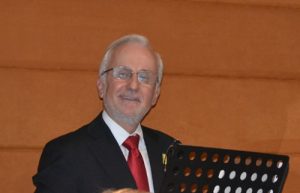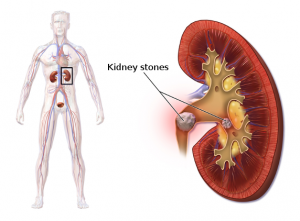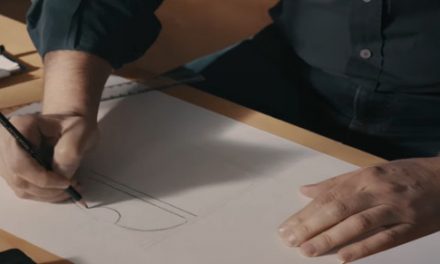
Dr. Joaquim Gironella Coll
Joaquim Gironella, full academician and a member of the Governing Board of the Royal European Academy of Doctors-Barcelona 1914 (RAED), participated in the Third International Act of the RAED, held between July 15 and 22 in various Baltic cities, with the conference “La enfermedad calculosa urinaria: situación actual de los nuevos paradigmas terapéuticos” (Urinary calculi disease: current situation of new therapeutic paradigms), where he reviewed the latest advances to combat a disease that affects 10% of the population.
 “Calculi urinary tract disease has been reported in man since the earliest antiquity. Descriptions of symptoms and the evolutionary course of urinary tract stones can be found in the earliest records of medicine. Of five thousand years ago and in the Hindu literature there have been treatments on the sick since the third millennium BC -said the academician, one of the most prestigious urologists in Spain-. The prevalence in Europe of urinary lithiasis is of 10%. Thanks to the combination of new technologies, it’s now possible to address renal and urinary tract lithiasis in any location without incisions, an unthinkable situation until the beginning of the 21st century”.
“Calculi urinary tract disease has been reported in man since the earliest antiquity. Descriptions of symptoms and the evolutionary course of urinary tract stones can be found in the earliest records of medicine. Of five thousand years ago and in the Hindu literature there have been treatments on the sick since the third millennium BC -said the academician, one of the most prestigious urologists in Spain-. The prevalence in Europe of urinary lithiasis is of 10%. Thanks to the combination of new technologies, it’s now possible to address renal and urinary tract lithiasis in any location without incisions, an unthinkable situation until the beginning of the 21st century”.
Gironella highlighted how the emergence of technologies such as flexible ureterorenoscopes and Holmium lasers have allowed patients to improve their quality of life and avoid subsequent repercussions of the urinary system, and invited those who have not suffered this disease to “drink lots of water, consume little salt and reduce meat consumption”.
Image Kidney stones by:
- Blausen.com staff (2014). “Medical gallery of Blausen Medical 2014“. WikiJournal of Medicine 1 (2). DOI:10.15347/wjm/2014.010. ISSN 2002-4436.



